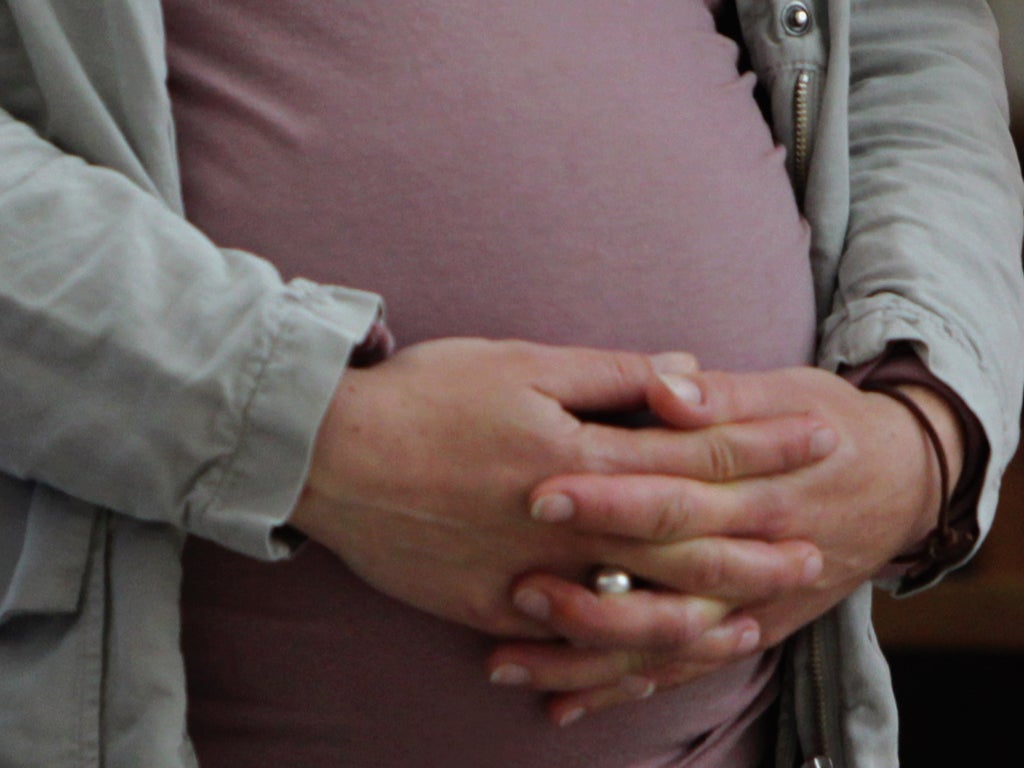Could drinking alcohol while pregnant be classified as a crime?
At the moment, our laws do not explicitly recognise the rights of an unborn child until after birth

A controversial legal challenge has been made against a mother who drank alcohol while pregnant, which, if successful, could dramatically affect the rights of every pregnant women in the UK.
The woman kept drinking despite advice from her doctors that excessive amounts of alcohol in pregnancy could seriously damage her unborn child. Her daughter was born with foetal alcohol spectrum disorder, which can cause physical, psychological and behavioural problems.
The child was fostered and is now under the guardianship of a council in the north-west, who have accused the mother of criminal injury. They are trying to secure compensation on her behalf by taking the case to the Court of Appeal.
A tribunal in 2011 already ruled that the child sustained injury because of her mother’s actions, but Judge Howard Levenson of the Administrative Appeals Chamber overturned this ruling in 2013, concluding that no criminal conviction could be made.
Although there had been “administration of a poison or other destructive or noxious thing, so as thereby to inflict grievous bodily harm,” because this took place during pregnancy the unborn baby “was not a person,” and so no criminal offence could be committed.
The council is mounting their challenge against Judge Levenson’s decision. If they succeed, knowingly harming a child by drinking alcohol while pregnant could be classified as a crime.
Some headlines need a second look. The idea of “personhood” is a key principal of modern medical ethics. It is a complex and broad concept, that includes the rights and responsibilities of being an independent, decision-making individual. It applies to patients consenting to surgical procedures, people refusing medical treatment, and to pregnant women.
In the UK personhood does not currently apply to an unborn foetus. Although a foetus may have a special potential to become a human being, our laws do not explicitly recognise the rights of an unborn child until after birth.
Contrast this with the Republic of Ireland, where their constitution “acknowledges the right to life of the unborn and, with due regard to the equal right to life of the mother, guarantees in its laws to respect, and, as far as practicable, by its laws to defend and vindicate that right.”
The UK does not have a codified constitution. Ours is a mishmash of statute law and court cases where legal precedents are set. Therefore if the council win, and the use of a “poison or other destructive or noxious thing” on a foetus is ruled to constitute criminal harm, the role of such substances could be called into question in any other court.
The law would change without any statute being passed.
This case could also create a need to establish when a foetus is developed enough to be able to be criminally harmed. It might be at 24 weeks, when a foetus is regarded viable outside the womb. If judged to be earlier, say at conception, a knowingly pregnant woman would immediately have fewer legal rights than her non-pregnant counterpart.
The huge social and legal implications of the council’s case means it is probably unlikely to succeed in the Court of Appeal. The controversies raised have the potential to erode a pregnant woman’s right to autonomy over her own body.
To be clear: no doctor would ever condone drinking alcohol in pregnancy. There is no known established safe level of alcohol consumption when pregnant, and the related birth defects can lead to changes in brain development, cause heart problems, and restrict a child’s growth. I would always advise against drinking in pregnancy. But there is a difference between giving good advice, and making an irresponsible decision an illegal one.

Join our commenting forum
Join thought-provoking conversations, follow other Independent readers and see their replies